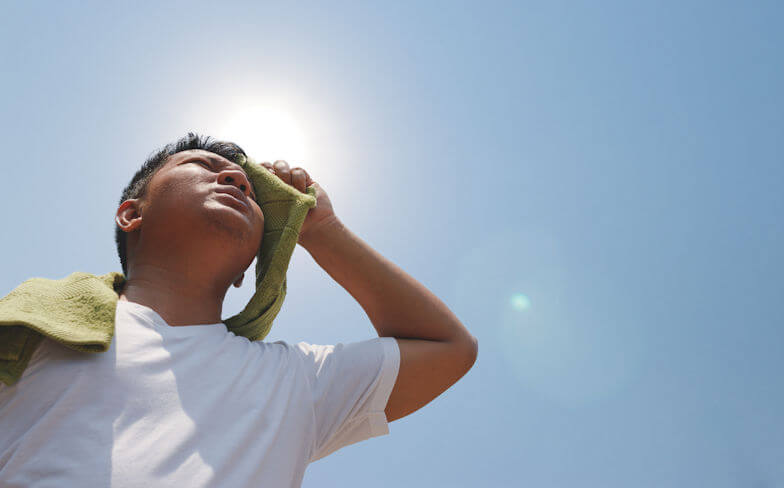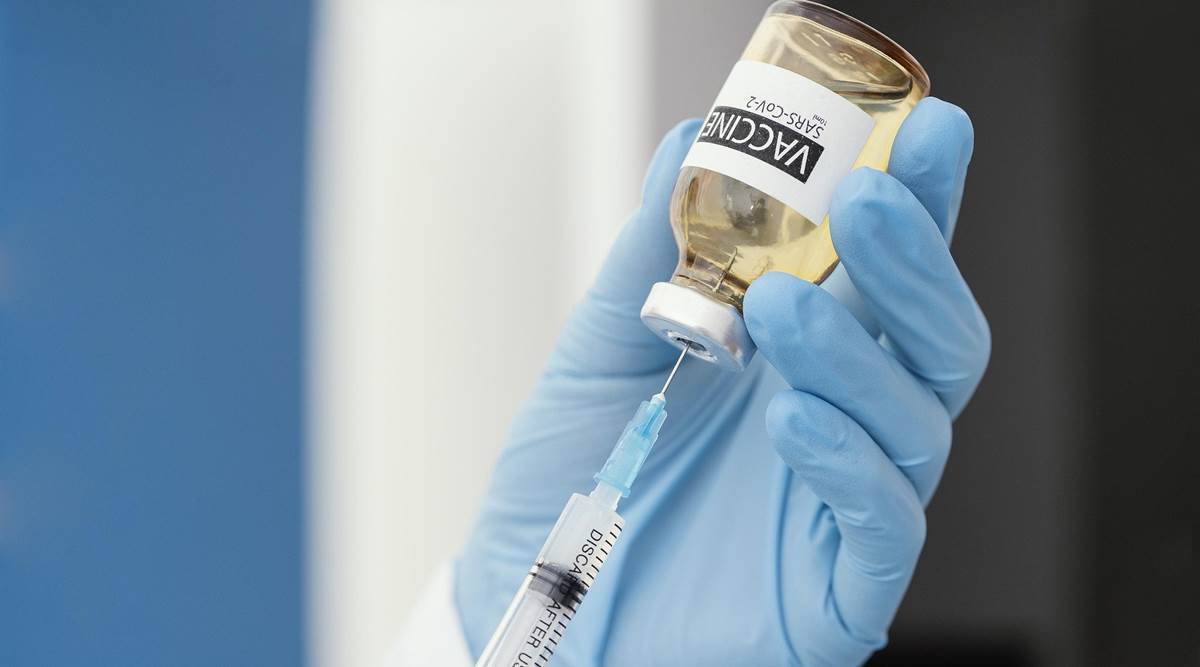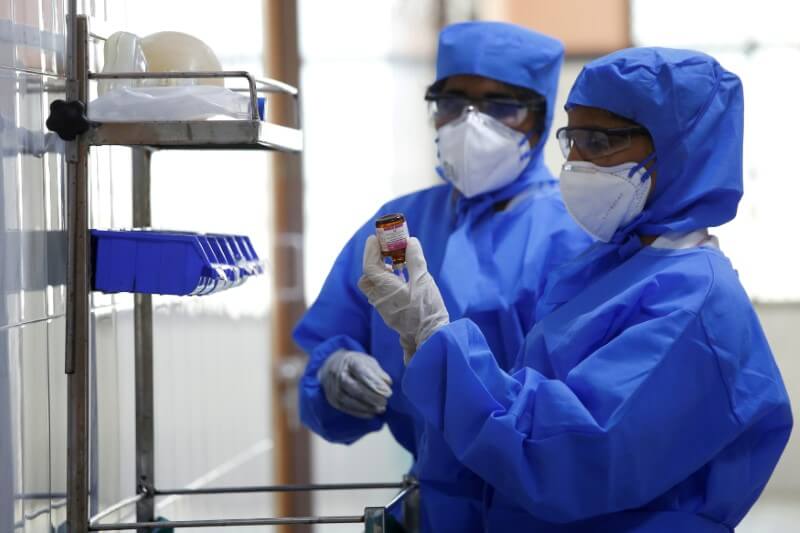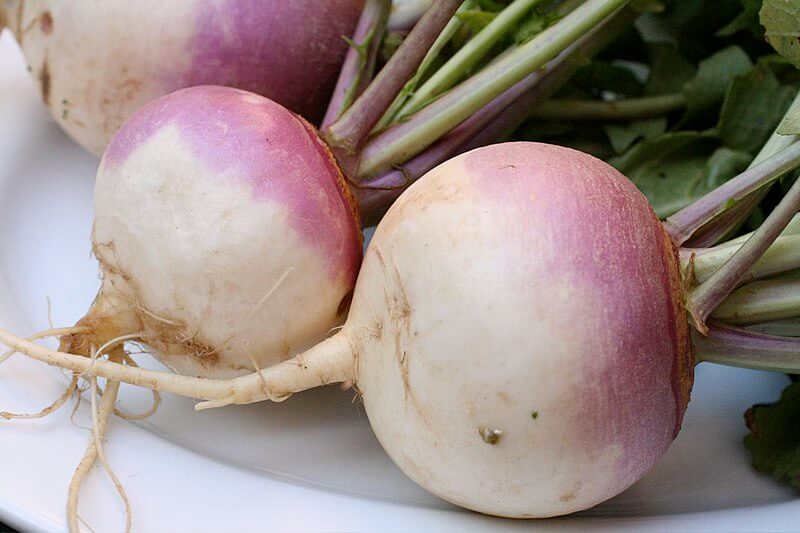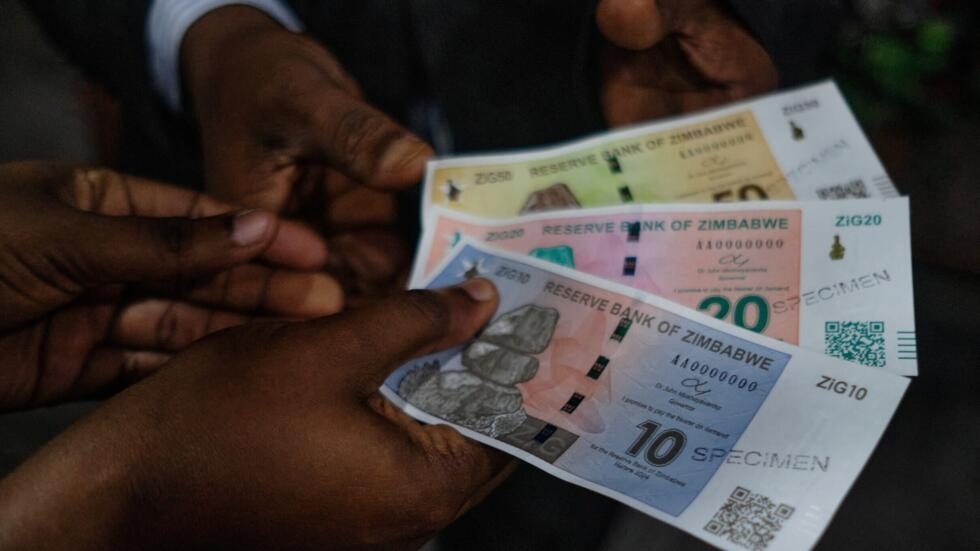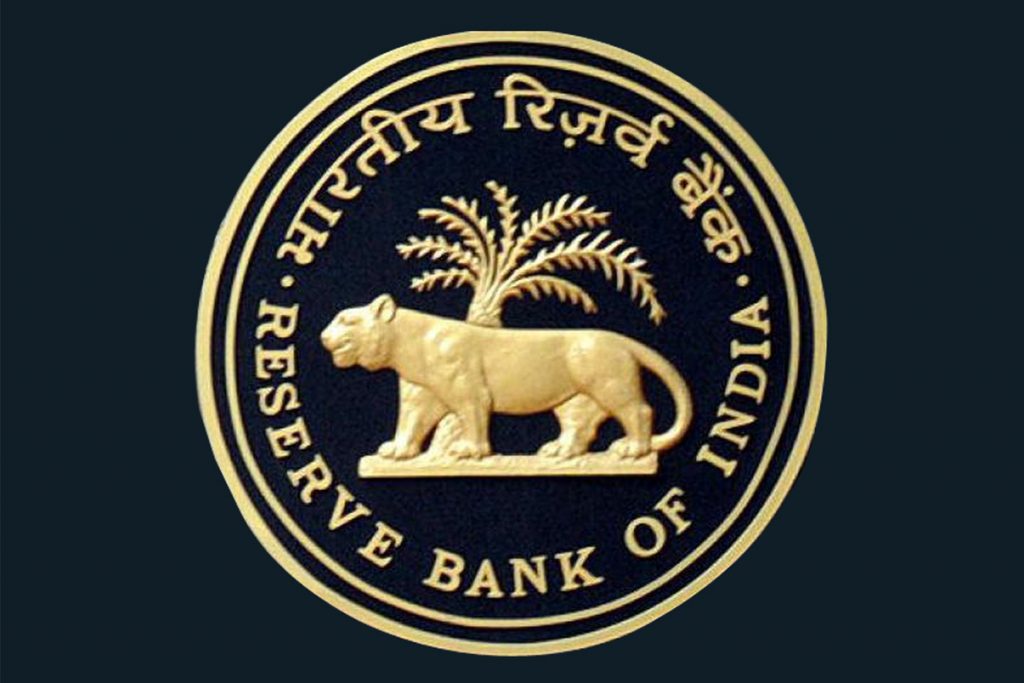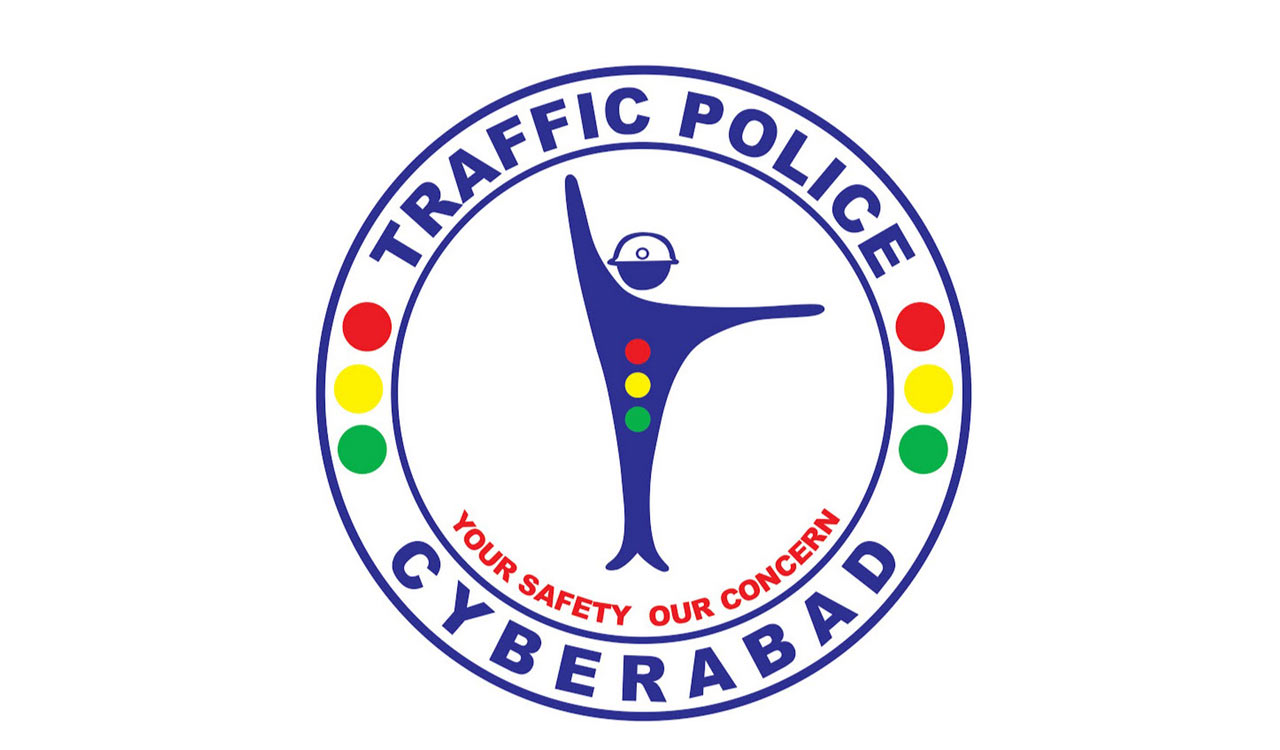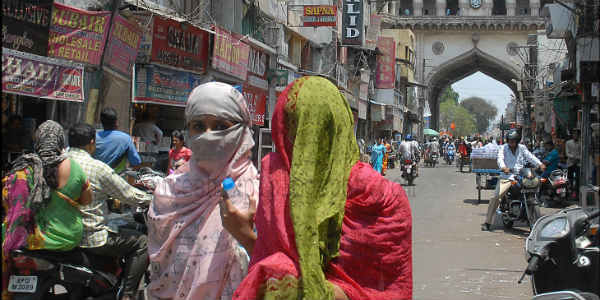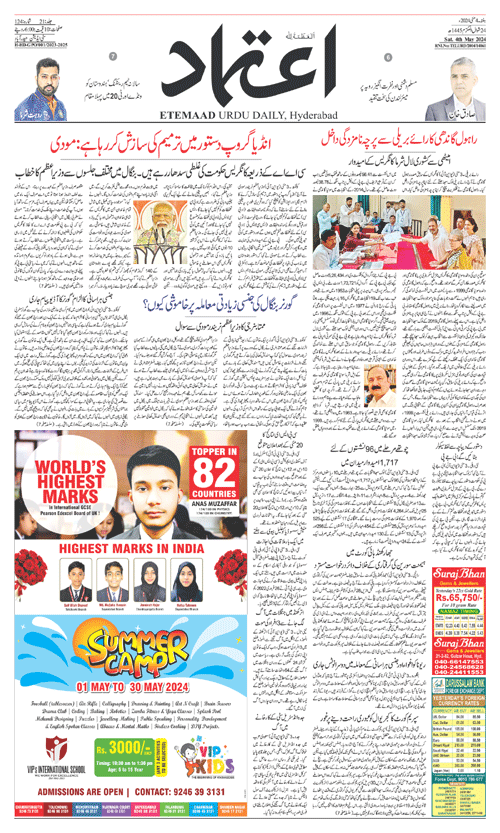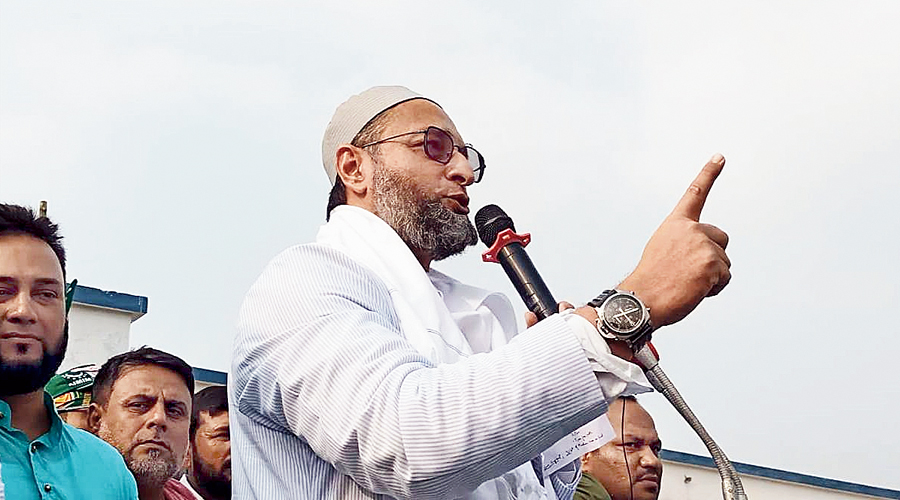Here are 5 most important vaccines for infants and children on World Immunisation Week 2024
Thu 25 Apr 2024, 00:21:19
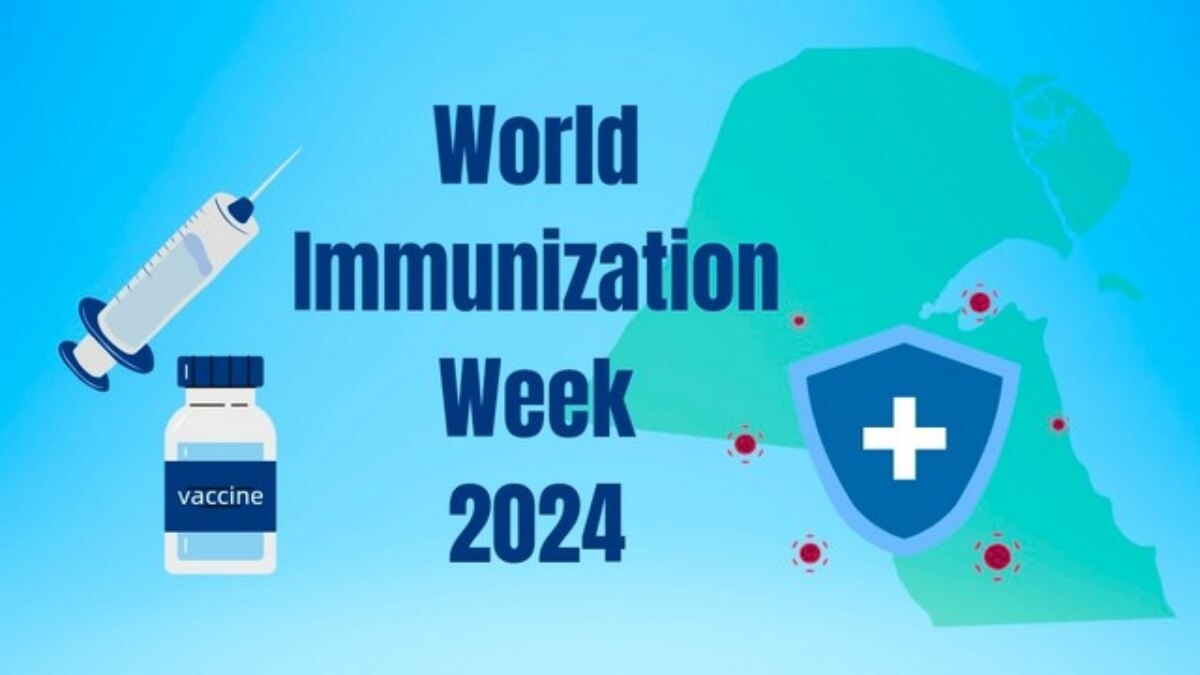
Vaccines have been instrumental in preventing numerous infectious diseases, saving millions of lives worldwide. As World Immunisation Week 2024 is observed today, April 24, it's essential to emphasise the importance of vaccination in safeguarding the health and well-being of our children. For infants and children, certain vaccines are particularly crucial in protecting them from potentially life-threatening illnesses.
Ensuring that infants and children receive these essential vaccines according to recommended schedules is vital in protecting their health and the health of the community at large. By prioritising vaccination efforts, we can continue to prevent disease, save lives, and build healthier communities for future generations. Here, we highlight five of the most important vaccines every parent should ensure their child receives.
1. Measles, Mumps, and Rubella (MMR) Vaccine
The MMR vaccine is a combined vaccine that protects against three highly contagious diseases: measles, mumps, and rubella (German measles). Measles, in particular, can lead to severe complications such as pneumonia and encephalitis, while mumps can cause deafness and meningitis. Rubella infection during pregnancy can result in congenital rubella syndrome, leading to birth defects in infants. Administering the MMR vaccine provides immunity against these diseases and helps prevent their spread within communities.
2. Polio Vaccine
Polio, caused by the poliovirus, can lead to paralysis and even death. Thanks to widespread vaccination efforts, polio has been nearly eradicated globally. However, the disease still poses a threat in regions where vaccination coverage is insufficient. The oral polio vaccine (OPV) and the inactivated polio vaccine (IPV) are both effective in preventing polio infection. Timely
administration of the polio vaccine is crucial in ensuring lifelong immunity against this debilitating disease.
administration of the polio vaccine is crucial in ensuring lifelong immunity against this debilitating disease.
3. Diphtheria, Tetanus, and Pertussis (DTaP) Vaccine
The DTaP vaccine protects against three bacterial infections: diphtheria, tetanus (lockjaw), and pertussis (whooping cough). Diphtheria can lead to severe respiratory problems and heart failure, while tetanus causes muscle stiffness and spasms. Pertussis, especially dangerous in infants, can result in prolonged coughing fits and respiratory complications. The DTaP vaccine is typically administered in a series of doses during infancy and early childhood, providing robust protection against these infectious diseases.
4. Haemophilus Influenzae Type b (Hib) Vaccine
Haemophilus influenzae type b (Hib) is a bacterium responsible for various severe infections, including pneumonia, meningitis, and epiglottitis. Hib infections can be particularly dangerous in young children, often leading to serious complications or even death. The Hib vaccine effectively prevents these infections by stimulating the immune system to produce antibodies against the bacterium. Including the Hib vaccine in routine immunisation schedules has significantly reduced the incidence of Hib-related diseases worldwide.
5. Hepatitis B Vaccine
Hepatitis B is a viral infection that affects the liver, potentially leading to chronic liver disease, liver cancer, and death. Infants and young children are especially vulnerable to hepatitis B infection if exposed. The hepatitis B vaccine is administered in a series of doses shortly after birth and during infancy, providing long-lasting immunity against the virus. Vaccination against hepatitis B is crucial in preventing transmission from mother to child and reducing the overall burden of this infectious disease.
No Comments For This Post, Be first to write a Comment.
Most viewed from
Most viewed from Health
AIMIM News
Latest Urdu News
Most Viewed
May 26, 2020
Which cricket team will win the IPL 2024?
Latest Videos View All
Like Us
Home
About Us
Advertise With Us
All Polls
Epaper Archives
Privacy Policy
Contact Us
Download Etemaad App
© 2024 Etemaad Daily News, All Rights Reserved.

